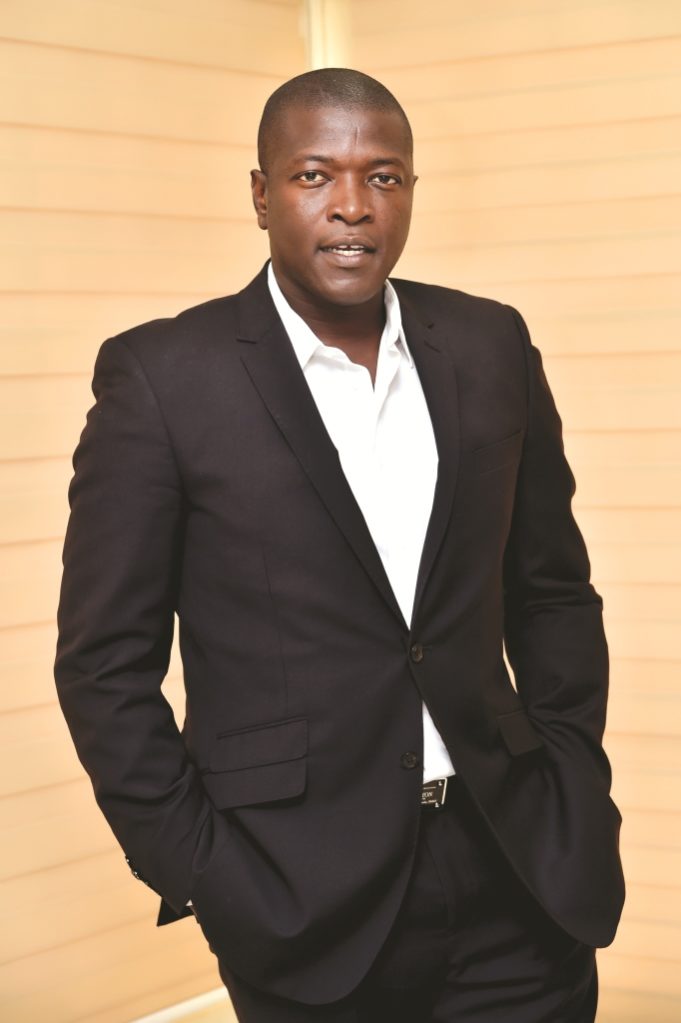Standing in a long queue of pedestrians in Surulere on the mainland of Lagos, Nigeria, Austin Somefun is waiting for an okada (motorcycle taxi). He is on his way to view a new flat for his family, which currently stands at five children and two wives.
“My second wife just had her third child and so we need a bigger space. I have been looking at properties all week but so far, I have not found the right size for my family,” says Somefun.
He is part of the growing population in a country, which according to Reuters, will increase from 188 million to 300 million people by 2030.

“Population explosion definitely creates a demand for residential property. The Lagos State commissioner for budget and planning estimates that Lagos alone needs to spend $50 billion in the next couple of years to keep up with the 23 million residents in the state and a significant amount of that budget will go towards housing,” says Steven Brown, an economist working with Britain-based Integra Consulting.
Loading...
According to the Real Estate Developer’s Agency of Nigeria, the country is lacking about 17 million houses with about 60-70% living in slums and informal settlements. The Centre for Affordable Housing and Finance in Africa, estimates that 700,000 more homes are needed each year to keep pace with the population explosion.
Kennedy Okonkwo is founder of Nedcomoaks, an indigenous real estate company vying for this growing market. The company focuses on Nigeria’s middle class who, according to Okonkwo, is underserved. Okonkwo had a brief stint in the IT and human resources sector before a missed opportunity changed his life.
“I was working as a strategic adviser for a company and my part time job in real estate had a deal that was worth N18 million ($90,000). The deal meant I was going to provide accommodation for expatriates and the company issuing the contract was waiting for me to come and see them but I was busy doing a strategy session so I lost the deal to a competitor. I said to myself it’s time to focus on the property business and I resigned from the job,” says Okonkwo.
His love affair with bricks and mortar began when he brokered his first deal as an estate agent worth N260,000 ($1,300). Okonkwo started from scratch; scraping together money for construction while selling Hawes & Curtis shirts to tide him over.
“The landowners had signed over the land for 30 years and most of the families did not have money to build on the land and time was running out. So I approached them and got the land on leases. I got about 22 of them and started building four units of room and parlour self contains and doing resettlement schemes,” says Okonkwo.
Things were looking up for Okonkwo until the global recession hit him in 2008. Most of his clients who invested in the properties could no longer afford the monthly repayments and the banks clamped down on all credit to business. Luckily for Okonkwo, he secured a loan of N100,000,000 ($500,000), which added to the company’s working capital and proved a lifeline.
“Initially, we would look for money to develop one property and once we sold that, we would build three more properties because we would market and get other people to buy more. Once we got the loan from the bank, we were able to expand very rapidly.”
Part of the Nedcomoaks property portfolio is a 92-unit construction of three-bedroom terraces and a new build of 28 units of four-bedroom houses with average prices for his developments at N25 million ($125,000).
Similar to Brown, Okonkwo believes there are massive opportunities within the property market in Nigeria. The Nigerian property sector is valued at $39 billion according to a recent report by CBO Capital, an investment advisory firm based in Lagos.
“I went into the property business because I felt there is a real need for it. For everybody, when you look at your needs, it’s probably food first and then you think of shelter. So there is no way anybody that is providing shelter will get it wrong. I think there are enormous opportunities to tap into in the Nigerian property market today and the reputation of the developer matters a whole lot,” says Okonkwo.
The industry still has a long way to go to satisfy the growing demand. Like everywhere in Nigeria, the foreign exchange (FX) restrictions in the country have hit the property market.
“In the operational aspect of construction, it has a tendency to drive up the cost of the construction because most of the finishing materials are imported and so the restrictions of FX make it difficult to import these goods which drives up the price. On the other hand, a property that was selling at $150,000 can now go for $100,000 if the person has FX, so for these people, there is a higher advantage,” says Okonkwo.
As Africa’s largest economy continues to grow, Okonkwo is gearing up to be the go-to property developer for the growing middle class, one home at a time.
Loading...
